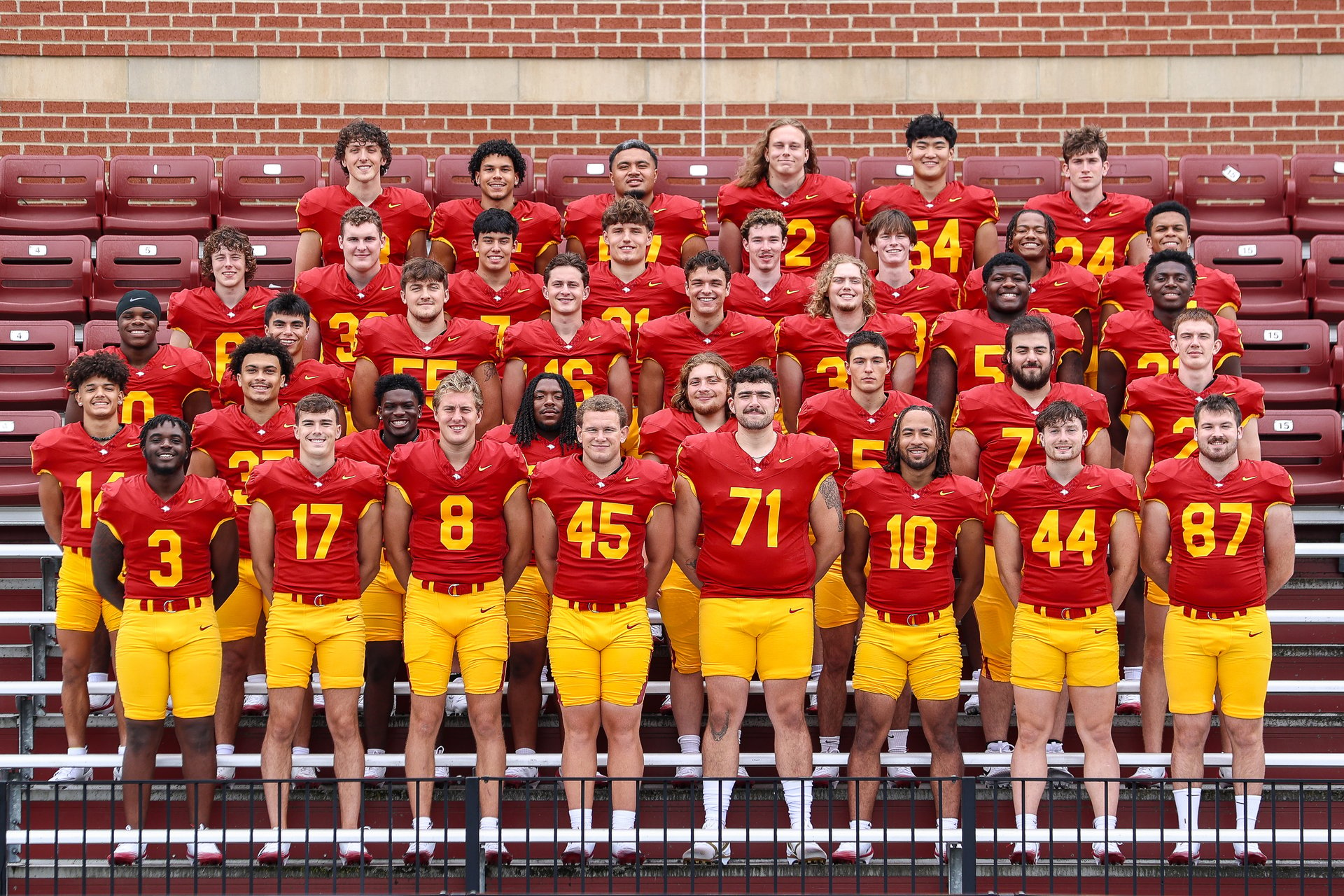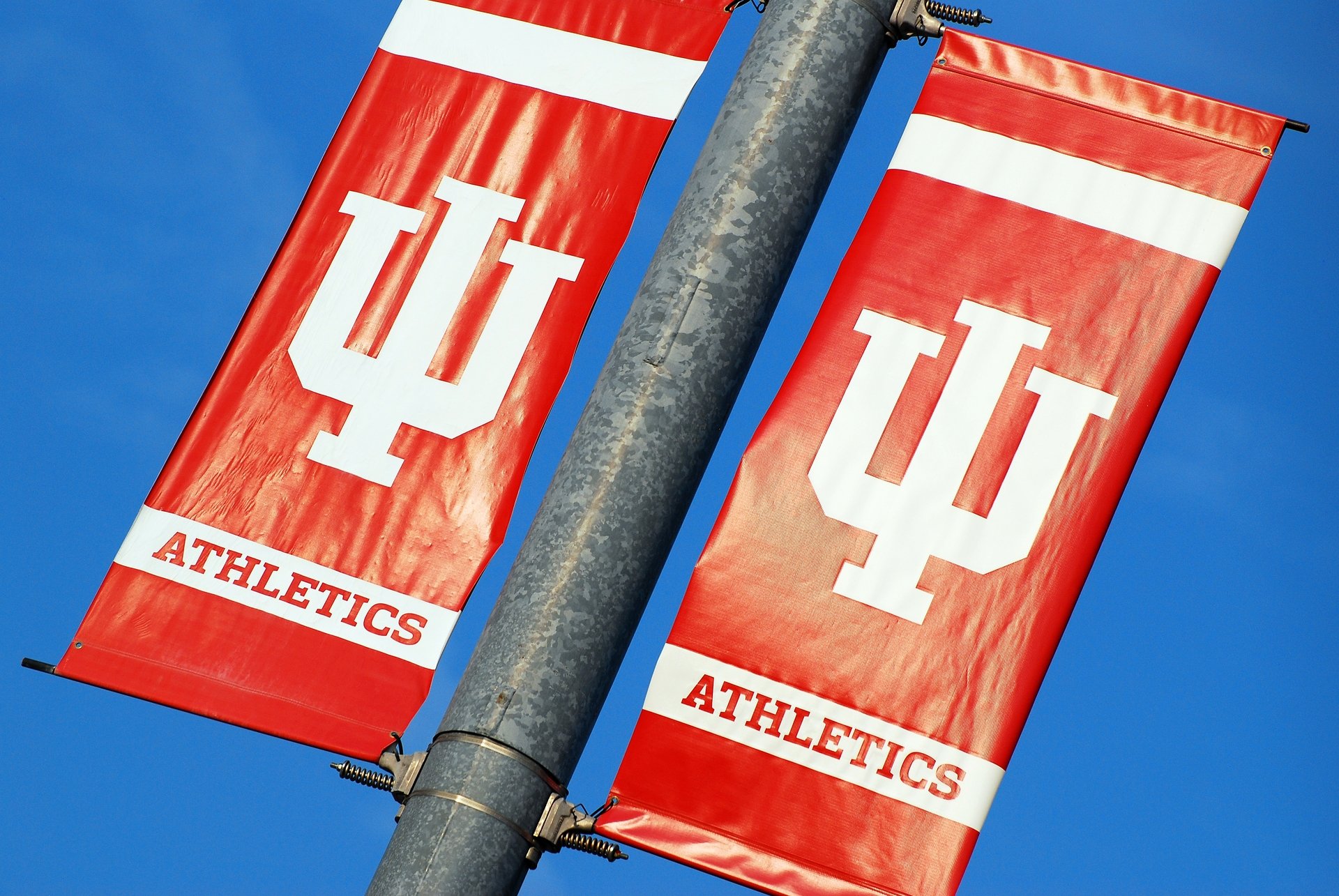Good morning, and thanks for spending part of your day with Extra Points.
On Thursday evening, we held our first Office Hours in months, bringing in our new NIL Wire reporter, Kyle Rowland, to talk shop and answer questions from our readers.
I understand that the 6:30 to 8 p.m. ET time slot was tricky for a lot of people. So good news! We recorded it. You can watch the entire thing here.
Here are a few highlights that may be of interest to you:
On how athletes find agents in college sports and what those conversations look like between coaches:
Kyle: But it's funny that that question was asked. I was talking to a Division II coach 30 minutes before we got on here. And he was talking about one of his players came to him today to tell him, hey, like, I just want to let you know I'm going to be upfront, like, there are some agents that are already contacting me. They want me to play Division I next year and get in the portal. And he just kind of told them, like, no, that's fine. Like, I appreciate you bringing this to me. Like, we'll talk about this after the season. I'll be upfront with you. Just I appreciate you, you know, being forthcoming.
So, I mean, it's absolutely happening frequently. … I've learned some things about the Division II football world that I wasn't necessarily aware of that I'll be writing about here in the near future that I think will interest people.
Wait, even mascots get NIL deals now?
Kyle: Bucknell was the first school to do it. They also they have a jersey patch, with 1st Federal Credit Union, and they have renewed that deal. … And theirs is unique in the fact that it's they pay the person wearing the Bucky the Bison suit $250 per appearance. So it's a cool it's its a cool thing for these mascots, who put in a ton of work.
Finally, a Treadmill you'll Actually Stick With
Meet the Aviron Victory, the only gamified treadmill designed to keep you coming back.
Powered by game psychology and industry-leading hardware, the Victory Treadmill makes working out something you actually look forward to. Whether you're racing through immersive games, streaming your favorite shows, or jumping into coach-led classes, it’s fitness that fits your life—and makes it easier to stay consistent.
Why Victory is a Game-Changer:
Game-powered workouts that keep you engaged
1,000+ options across cardio, strength, and recovery
Built-in streaming: Netflix, HBO Max, YouTube, and more
Comfort-first design for all fitness levels
Why Matt thinks private capital investments in college sports are (mostly) a bad idea:
Matt: The big challenge, I think … if you're a big, big league or a big, big school, is that if you're in Minnesota or Michigan or Ohio State or Texas, there are lots of ways you can raise money beyond hitting up your donors. You could go to your state government and petition for an appropriation. And in some states more than others, you can get that.
There are states in this country where athletic departments directly get taxpayer checks to fund operations. There are a few other [ways to] do that; you could sell a bond, you could borrow money from a bank. You can leverage your partner university's credit rating and operational budget to secure private financing some other way.
There are lots of ways you can get money to build a hockey rink or to, you know, buy back your MMR rights or something without necessarily having to sell future equity or control for 20 or 30 years down the line. If you're a much smaller school or a private school, you might not.
What on earth should the NCAA do about athletes gambling on professional sports?
Matt: I have some sympathy for the idea that … most people are probably putting 25 bucks on the Super Bowl, even if they're not real gamblers. And do you want to go bring the whole weight of the NCAA infrastructure on those people? The idea about how did this get passed I think is interesting too, because Gene Taylor mentioned this, and I've heard this from at least one other AD that I talked to, that, like, this wasn't really discussed in front of the whole NCAA membership.
And what about the goings-on at LSU?
Matt: I can definitely recall times when governors and also senators get involved with conference realignment, when schools are trying to create their pitch decks and present to different leagues. It's pretty common for politicians to be involved in that process or to serve as boosters. There were certainly Tennessee politicians that were involved in trying to promote Memphis over lots of different times as they've tried to join the Big 12.
Like, I know Mitt Romney was involved with, some of BYU’s Big 12's pitches, but these were not things where you would call a gigantic press conference and cut a wrestling promo, basically, or trying to very publicly get involved in the nitty-gritty. That is, of course, exactly what's happening here with LSU — and astute college football historians or political historians, or my brothers and sisters who spent time in South Louisiana, will tell you this is not unique to Gov. Landry.
And hey, if you need to give some time before the games today, (or during, idk how your team is doing), feel free to give WHO’S THAT FOOTBALL TEAM?!? a spin.
Thanks for reading and watching. I’ll see you in your inbox on Monday.


















